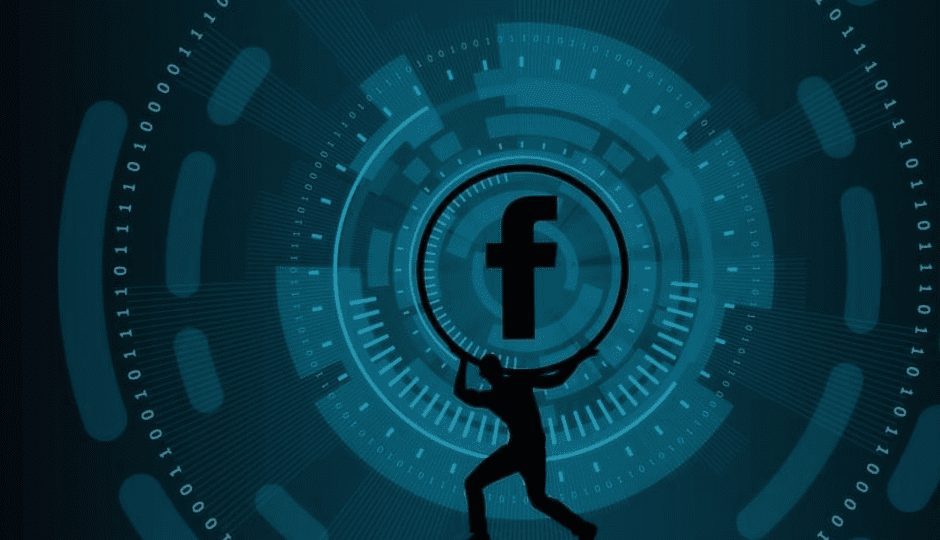Facebook Just Created Its Blockchain Unit, What Does It Mean For Africa?

Blockchain is widely recognized for its use in “cryptocurrency,” but the digital ledger technology is far more than that. It has far reaching uses that extend beyond its fintech applications and it is only a matter of time until these options are explored. This technology not only provides a platform to solve some of Africa’s pressing needs but gives the continent a viable escape from legacies of colonialism by leveling the playing field.
In perhaps one of its most radical management changes in the company’s history, Mark Zuckerburg, Facebook Inc’s Chief Executive Officer, has decided to create a new division dedicated solely to Blockchain. David Marcus, who over the past four years has led the Messenger division of Facebook, has been given the reigns of chief executive regarding its Blockchain activities.
This move will also see Chris Cox, Chief Product Officer, move from Facebook’s core service to overseeing their subsidiaries Instagram, WhatsApp and Messenger – in the absence of David Marcus. His vacancy was also confirmed in the same breath as Mike Shroepfer, Chief Technology Officer, and Javier Olivan, Vice President of Growth. The two will oversee other merged divisions to consolidate the strength of the Facebook brand into “new platforms and infrastructure” as well as centralizing processes such as their ads system.
This announcement brings Blockchain technology to the forefront of everyone’s imagination. There is no telling how Facebook will leverage the technology, and even Zuckerberg’s new appointee David Marcus admits that Facebook will be “setting up a small group to explore how to best leverage blockchain across Facebook, starting from scratch.”
Africa has seen and in some case benefitted from its fintech application when integrating cryptocurrency, regulating its use with fiat, peer to peer and cross border transfers. However, blockchain can have a much greater benefit to the continent if leveraged creatively and innovatively. Cape town’s Sun Exchange was one for the early adopters of the tech when considering how to apply blockchain technology in solving African problems.
Bithub in Nairobi is another example of a blockchain accelerator for local start-ups and focuses on incubating start-ups with micro lending and social impact ambitions. Similarly, in West Africa Nigeria has been instrumental in introducing and assimilating blockchain to the region. They organized the Blockchain Conference in 2017 and Nigeria’s blockchain start-up SureRemit raised U.S$8 million -the largest Initial Coin Offering (ICO) on the continent.
Harnessing, the power of Blockchain goes far beyond the fintech industry. Its ledger technology praised for its transparent and decentralized nature can be used to curb corruption – an unfortunate African epidemic. This technology was piloted in Sierra Leone during the elections by Swiss company Agora. Agora used the Blockchain to ensure a fair and democratic count of electoral votes.
CEO and Co-Founder of Agora, Leonardo Gammar, has described his “goal as providing voting solutions for people, electronic voting solutions, but decentralized. In Sierra Leone, what we did is just a use case and it’s not the full implementation of our digital solution. Our observers have a look at the ballots and they send the results on our blockchain per polling station,” he added. Although only used in the Western part of the country, its success certainly has the capability to be replicated on the continent.
Bitland in Ghana is another example of how the ledger technology has been used to store land registrations in the hopes of reducing land disputes and displacements. There is a wide array of Pan-African uses for Blockchain technology and perhaps Facebook’s prioritizing of the technology should serve as an endorsement of its potential.
Where does Facebook come in and its relevance to Blockchain on the continent?
It’s not so much how Facebook can change the African landscape through its application of Blockchain but to some extent how its recent involvement with Cambridge Analytica and perhaps using ledger technology as a way of detecting and tracing data might be in the interest of Facebook.
Blockchain validates and allows for the recording of transactions, organizing them into blocks and arranged in a chain – hence the name. This chain is validated with cryptography ensuring that a specific file at any given time can be located without showing its data. One can almost argue that the company’s acute focus on Blockchain is a reaction to the Analytica scandal.
Nevertheless, Blockchain not only gives Facebook a tool that it can leverage in developing its platform but more importantly it can provide a means of safeguarding user’s privacy against any kind of data breach – or at the very least determine the actions surrounding any such leak. Furthermore, branching out into Blockchain allows Facebook to compete on the same platform as players like Telegram.
Blockchain is not necessarily a new technology but rather the combined application of proven technologies in key cryptography, the internet and a procedural governing incentive. This is the path Africa needs to take, not a reinvention of the wheel but a reimagination of how the wheel can be utilized.